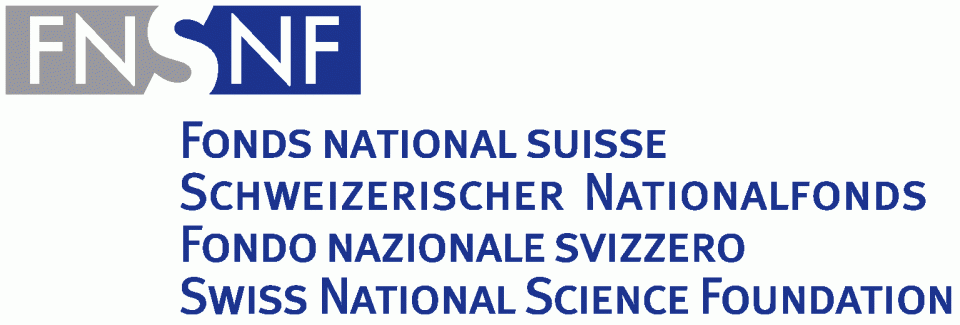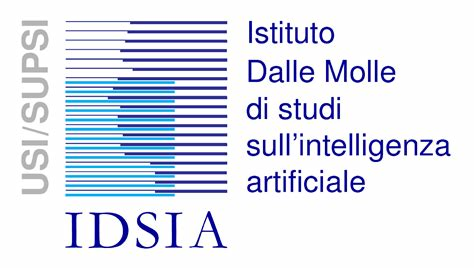QUADRATIC
Table of Contents
QUADRATIC
NLP in support of Pharmacovigilance: QUality Adverse Drug Reaction AcTIve Control

abstract
Pharmacovigilance is the science and activities related to the detection, assessment, understanding, and prevention of adverse effects of drugs, or of any other drug-related problems. It is a critical component of drug safety, and it is essential for the safe and effective use of medicines. Natural language processing (NLP) is a branch of artificial intelligence that deals with the analysis of natural language. NLP can be used to extract information from unstructured text, such as medical reports, and make it available as structured data. In the domain of pharmacovigilance, NLP can be used to identify potential safety signals from volumes of data too large for human processing. This can be done by analyzing the text of medical reports and identifying words or phrases that are associated with a particular safety issue. Moreover, NLP can be used to improve the accuracy and completeness of ADR reporting. Traditional methods of ADR reporting rely on manual data entry, which is time-consuming and error-prone. NLP can be used to automate ADR reporting by extracting relevant information from unstructured data sources and populating ADR reports. This can save time and improve the quality of ADR reporting. NLP can also be used to identify potential duplicates and inconsistencies in ADR reporting, ensuring that ADR data is accurate and up-to-date.
In this project, we aim to investigate the potential of state-of-the-art NLP methods applied to the automated processing of clinical records in order to provide reliable signals for the potential presence of adverse drug reactions (ADRs) in the context of pharmacovigilance. Concretely, if the project is successful, the partner hospital will be able to significantly improve the detection of ADRs, and once a similar approach is adopted at other Swiss hospitals, it could have a major downstream impact on public health.
The project will follow an iterative incremental approach, consisting of development of new models and annotation of more data. At each step, the dataset validated up to that point will be used to train the new model to be deployed at the next step. As a secondary effect of this process, a sizable dataset of validated and annotated reports will be incrementally produced.
core information
- Duration: Jan 2024 - Dec 2024
- Funding: 199'580 CHF
- Funding agency: Swiss National Science Foundation
- PI: Dr. Fabio Rinaldi (IDSIA USI-SUPSI, Lugano)
- Partners: Prof. Dr. Alessandro Ceschi (EOC), Lorenzo Ruinelli (EOC)
- Main goal: Support pharmacovigilance through automated detection of mentions of Adverse Drug Reactions and ancillary information in clinical reports
Contact
E-Mail: fabio.rinaldi AT idsia.ch


